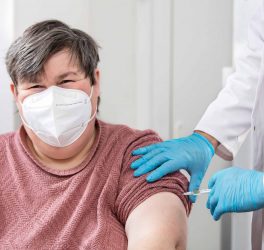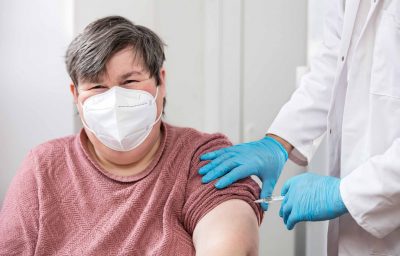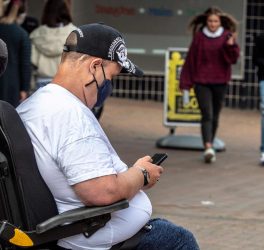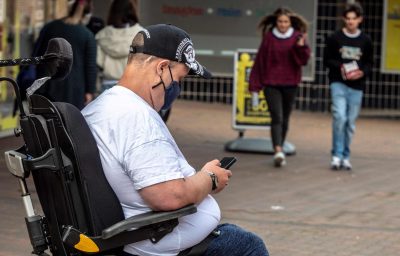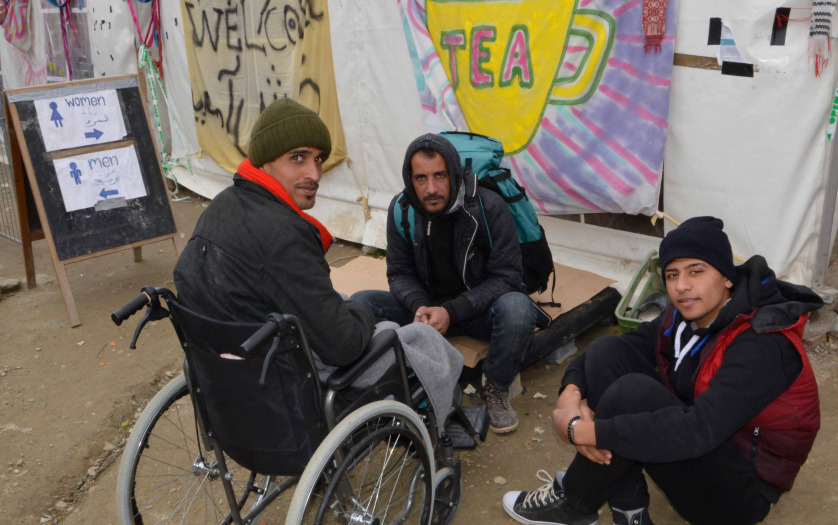
On the occasion of the World Refugees Day, Humanity & Inclusion’s new report, ‘COVID-19 in humanitarian contexts: no excuses to leave persons with disabilities behind!’, documents the impact of COVID-19, and the related restrictions on people with disabilities.
The new report shines a light on the specific plight of refugees with disabilities amid COVID-19. Among nearly 80 million refugees in the world, around 15% have a disability.
Refugees with disabilities are often poor, stigmatised, isolated, excluded by their community and forgotten during an acute crisis like the COVID-19 pandemic.
Humanity & Inclusion works with refugees with disabilities around the world (Ethiopia, Kenya, Bangladesh, Pakistan, Uganda, Colombia, amongst others). The report gathers the testimonies of many of the people supported by Humanity & Inclusion’s teams. One word resonates: exclusion. People with disabilities are being left behind in humanitarian responses.
Humanity & Inclusion is asking States to unlock humanitarian aid immediately. States must ensure that people with disabilities are not abandoned or prevented from accessing humanitarian aid. Humanitarian organisations like Humanity & Inclusion are often the last resort for the most vulnerable, including displaced people with disabilities who depend on humanitarian aid to survive. We must not be prevented from reaching people in need.
As the COVID-19 crisis spreads, we see local communities quickly rejecting refugees, especially when they have a disability. People who live close to refugees tend to avoid them or deny them access to services like healthcare or transportation, fearing that they carry the coronavirus and might put others in danger.
“I could have contracted COVID-19 without knowing it. People started staying at home… My family told me that I could not go out and move around, but they could not explain clearly why I could not go to work.” said Sabiti.
In the camp, there are around 70 people who have speech and hearing difficulties, left without any information. These are just some of the people who will be left behind in this current deadly situation.

